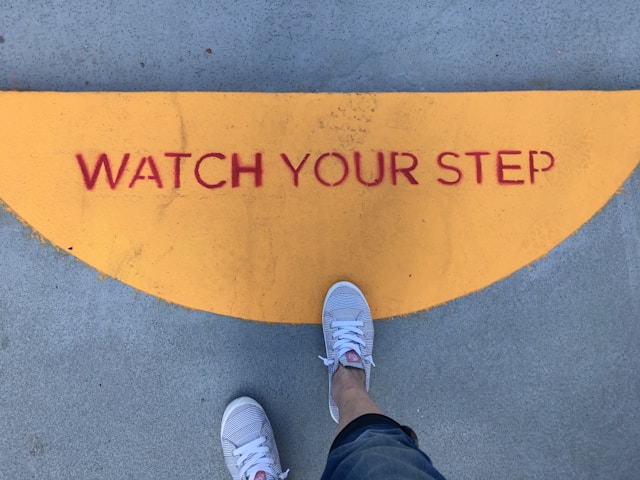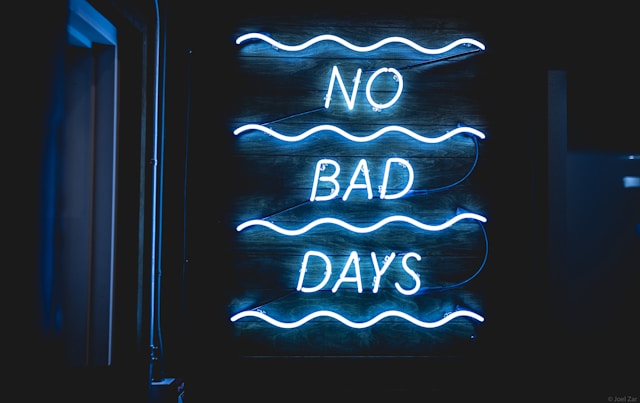We’ve all got at least one bad habit that sneaks into our daily routine, whether it’s late-night scrolling, endless snacking, or procrastinating on important tasks. The good news? Once you understand why habits stick, you can learn simple ways to rewire your brain and swap them for healthier choices.
Your Brain Loves Repeating the Same Routine
Your brain loves shortcuts, and routines are the ultimate energy-savers. That’s why you often slip into a bad habit without even realizing it. It feels natural, almost automatic.

Every bad habit you keep has a built-in reward, even if it’s small. It may be:
- the sweet taste of chocolate,
- the short relief from scrolling social media,
- the cozy feeling of hitting snooze.
Your brain connects the action with the reward, releasing a little dopamine each time. Over time, this reward loop becomes hard to break because your brain craves that little hit.
Dopamine doesn’t just make you feel good after a habit. It also makes you want it beforehand. Your brain starts releasing dopamine the moment you see a trigger, like smelling popcorn or hearing a phone buzz. Suddenly, you’re halfway through the action before you even think about it.
Outsmarting the Reward Trap
You can use dopamine’s power for positive change. Instead of giving up rewards, replace them with healthier ones:
- swap late-night scrolling for a relaxing podcast;
- trade a sugary snack for a juicy piece of fruit.
Your brain still gets the dopamine celebration, but now it’s linked to something good. Over time, the new routine feels just as satisfying as the old one.
Spotting the Habits That Drain Your Energy
Sometimes it’s not the huge bad habit that leaves you exhausted. It’s the tiny daily routines you barely notice:
- constantly checking your phone,
- saying “yes” to everything,
- skipping breaks.
Many habits that look productive are actually sneaky stress traps:
- Multitasking feels like a superpower, BUT it scatters your focus and burns your mental fuel.
- Overthinking every small detail might seem like preparation, BUT it leaves you feeling tense instead of ready.
When you step back, you’ll see how a simple bad habit wears a clever disguise, pretending to help while secretly stealing your energy.

How to Spot the Culprits
You can catch energy-draining habits by noticing when you feel exhausted, frustrated, or unmotivated. Ask yourself, “What did I just do before I felt this way?” You might realize it wasn’t the big project but the endless scrolling, constant snacking, or procrastinating that left you drained.
The Truth About “Harmless” Guilty Pleasures
Maybe it’s midnight snacks, endless binge-watching, or scrolling social media far too late. On the surface, they seem harmless, offering comfort, laughter, or a quick escape. But when repeated daily, these small habits quietly shape your mood, your energy, and even your health.
You don’t need to give up your guilty pleasures completely. The secret is balance. When you bring awareness to these moments (a habit tracker can be the right tool for the job), you can enjoy the fun without letting it drain your energy or turn into a bad habit. It’s about shifting guilty pleasures into joyful choices.
Environmental Triggers That Fuel Your Bad Habit
Sometimes the triggers are so small you barely see them.
- A cluttered desk makes procrastination easier,
- Leaving cookies on the counter invites constant snacking,
- A notification chime can pull you straight into a loop without thought.
The fun part? You can redesign your environment to work for you instead of against you. If late-night scrolling is your bad habit, leave your phone to charge outside the bedroom. By keeping temptations less accessible, you give your brain fewer chances to slip and setting up spaces that make good choices the easy ones.
How to Rewire Your Brain for Healthier Choices
Rewiring your brain doesn’t mean making giant changes overnight. You create lasting shifts by starting small and building momentum slowly.
- Swapping a daily soda for sparkling water,
- Adding a five-minute walk after lunch might feel tiny.
But each small win signals to your brain, “Hey, this feels good!” Over time, these mini-changes add up and gently replace a bad habit without overwhelming you.

Practice the Power of Repetition
Your brain loves patterns, which means repetition is your best friend. The more you practice a healthy choice, the more automatic it becomes.
At first, saying no to fast food or yes to journaling feels like an effort. But repeat it often enough, and your brain rewires the pathway until it feels natural.
Reward Yourself the Smart Way
Rewards are key because your brain thrives on them. Instead of punishing yourself for mistakes, celebrate every positive step you take.
- Finished your workout? Treat yourself to relaxing music or a warm bath.
- Replaced a bad habit with a healthier one? Smile, acknowledge the effort, and enjoy the win.
These rewards create positive feelings your brain craves, encouraging it to repeat the behavior again. Over time, the healthier choice becomes your go-to pattern.
Conclusion
Breaking a bad habit isn’t about superhuman willpower; it’s about understanding your brain, spotting triggers, and creating better routines that stick. With small steps, smart rewards, and an environment that supports you, healthier choices soon feel effortless.
Remember, every positive change rewires your brain a little more, proving that no habit is too strong to outgrow when you give yourself patience and consistency.



